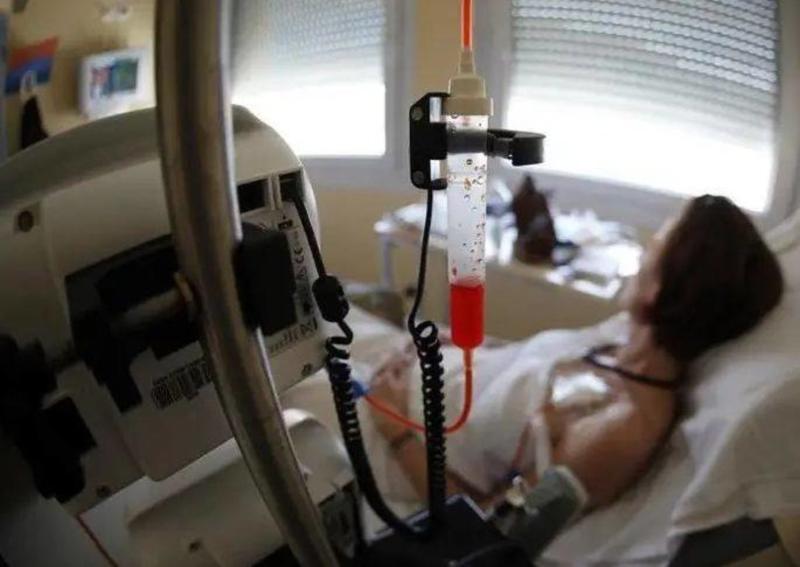Compounding Chemotherapy: Groundbreaking Advancements in Compound Chemotherapy Tailored Treatments for Cancer Patients
What is Compounding Chemotherapy?
Compounding chemotherapy refers to the practice of customizing chemotherapy treatment regimens for individual patients by combining or modifying FDA-approved drugs. This allows oncologists to tailor doses or combine agents in ways not commercially available to maximize treatment effectiveness and minimize side effects for each patient.
History and Development of Compounding Chemotherapy
While chemotherapeutic agents began being developed in the early 20th century, it was not until the 1940s and 1950s that systemic chemotherapy started becoming a routinely used cancer treatment. Initially, Compounding Chemotherapy was mainly comprised of single agents administered at standard doses based on a patient's size and organ function. Over time, researchers discovered greater treatment benefits could be achieved through combining multiple chemotherapy drugs in specific sequences and schedules. This established the field of combination chemotherapy, which is now the standard of care for treating most cancer types.
Advances in Pharmacology and Pharmacokinetics
As knowledge of pharmacology and pharmacokinetics improved, oncologists gained a deeper understanding of how individual patient factors like genetics, organ function, comorbidities and concurrent medications impacted drug absorption, distribution, metabolism and excretion. This allowed for more tailored regimens that could optimize systemic exposure and minimize toxicities for each unique patient. Combination regimens also evolved to include alternative drug sequences, doses and schedules designed to maximize synergistic effects and minimize overlapping toxicities.
Growth of Compounding Pharmacies
With the growth of personalized medicine approaches, demand increased for individually compounded chemotherapy mixtures that could offer advantages over commercial formulations. Compounding pharmacies specializing in sterile preparation of customized chemotherapy regimens emerged to fill this role. They work closely with oncologists to develop novel dosage forms and combinations intended to maximize efficacy or improve tolerability for specific patients.
Advantages of Compound Chemotherapy
Some key potential advantages of compound chemotherapy include:
- Tailored dosages - Allows reduction of full standard doses for patients at higher risk of side effects. May also allow dose escalation of certain agents for better response.
- Alternative formulations - Oral liquids, transdermal gels or other non-tablet/capsule forms can benefit those unable to swallow standard dosage forms.
- Combination optimization - Enables combination of multiple agents not commercially available together in ways better suited to an individual's cancer type and characteristics.
- Flexible schedules - Schedules can be adjusted to accommodate other medications, procedures or lifestyle needs on a patient-specific basis.
Regulatory Considerations
While compounding offers advantages in customizing care, it also introduces greater responsibilities to ensure quality, safety and efficacy. Compounding pharmacies creating sterile chemotherapy must meet stringent oversight from regulatory bodies like the FDA, to maintain sterile conditions, conduct proper testing and validate stability of compounded mixtures. Oversight also requires extensive documentation and traceability in case of any issues. Oncologists bear responsibility to thoroughly research and justify any compounded regimens used.
As personalized medicine continues advancing, opportunities remain to further optimize chemotherapy through individualized compounding approaches. Refinements in analytics, pharmacogenomics and real-time monitoring tools may one day allow dynamic adjustment of regimens based on an individual's unique treatment response. Areas also exist to develop standardized compounding recipes for regimens frequently customized to streamline usage while maintaining safety. Overall, judiciously applied compounding aims to continually refine chemotherapy into a more precisely targeted treatment tailored for each cancer patient.
Get More Insights on Compounding Chemotherapy
For deep Insights, Choose preferred Languages-
About Author-
Vaagisha brings over three years of expertise as a content editor in the market research domain. Originally a creative writer, she discovered her passion for editing, combining her flair for writing with a meticulous eye for detail. Her ability to craft and refine compelling content makes her an invaluable asset in delivering polished and engaging write-ups.
(LinkedIn: https://www.linkedin.com/in/vaagisha-singh-8080b91)
